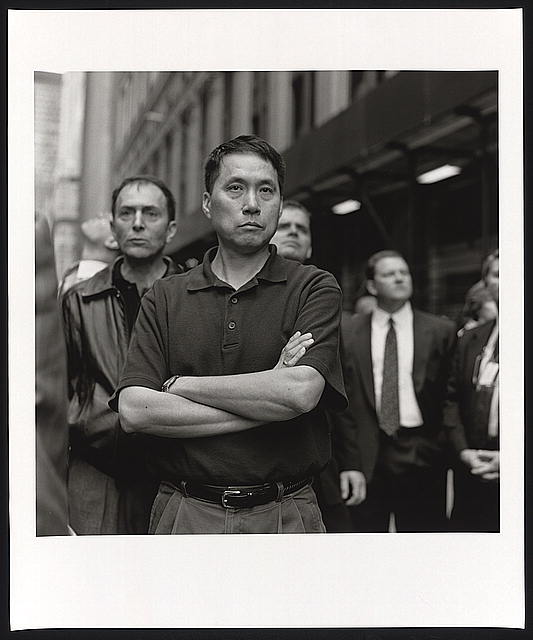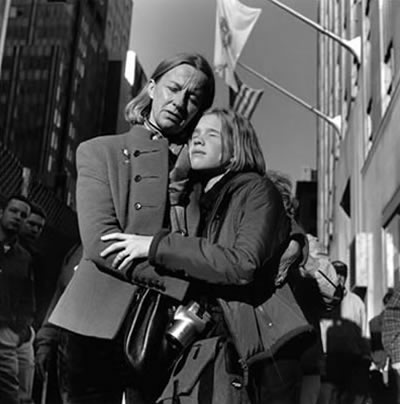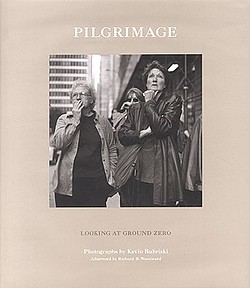|
Day 15 Metonymy and Synecdoche
|
These two closely related terms are often
confused, though each represents a kind of substitution for the
thing meant. Metonymy is the substitution of one word
for another closely related word, such as “The pot’s boiling” or “The White House announced.” Synechdoche is the substitution of part
for the whole, such as “All hands on deck” or “lend
me your ears.” On his website World Wide Words, Michael Quinlan discusses
the differences in greater depth. In the following poem, Rachael
Hadas takes the terms to a whole new level…
|
S
5
10
15
20
25
30
35
40
|
Part and Whole by Rachel Hadas
Struggling to explain metonymy
and synecdoche, I came belatedly
to see these figures as our very own,
learned without effort, like a mother tongue;
like it transparent, though imperfectly.
These tropes aren’t similes
but objects plucked from, burnishing our
lives.
A red hat; a brown armchair into which
a man with dirty hands
sinks at the end of the day;
a long-dead mother’s shoes too dear to throw away—
freely these bubble up from memory.
The part is so much easier than the whole.
Yesterday at Ground
Zero a lost woman’s wallet, crushed
but still identifiable, was found
two blocks away from where she’d last been seen.
Logistics may have been a mystery;
not so this simple cue
which clearly told her children not so much
what to do (what could they do?) as how
to read the sorry shreds preserved within
the plastic, paper, leather left to them—
a miniature wrecked book, but still a book
they knew by heart and thirsted
to keep and touch, to read and read again.
The part is easier. I kept the letters
two dear dead friends had written me—
kept them for ten and seven years respectively
in a drawer: first
to look at and to touch, to read, reread,
then simply kept them. This
year I found that I could let them go.
The letters weren’t, but I was, getting older;
I moved their folder.
They were my personal metonymy
and my synecdoche:
the easy part of an unwieldy whole,
of everything we keep and touch and know
and then—is it outgrow?
No; that is so much a part of us
we can let it go.
from Laws, Zoo Press, 2004.
|
| |
|
| |
Read more by Rachel Hadas -- From her website.
- At the Able Muse Online Poetry Symposium, you can
read and hear “Black Coat, Blue Lake,” “Empty Studio, National Arts Club,” “Connie's
Room,” “Midpoint, Maybe,” and “The Genre Necklace.”
- In The New Criterion Online, you can read “River & Ocean,” “The Beam,” “Plutarch on the Plane,” “First Persons,” “Valentine's Day,” "The Swing,”
“Questions in the Vestibule,” “The Quest,” “White Petals,” and "Messages.”
- At PoetryFoundation.org, you can read “Fleshly Answers,” “Flying Home,” “Pass It On, III,” “Rag Rug,” “Roadblock,” “The Chorus” “The End of Summer”" “The Fall of Troy,” “The Last Movie,” and “Twelfth Birthday.”
|
|
|




 |
 
Kevin Bubriski’s photographic anthology, Pilgrimage: Looking at Ground Zero, offers
images relevant to this poem.
Your Turn:
Focus on a literary term and write a poem which is self-aware
in its discussion of that term. Consider such choices as personification,
onomatopoeia, apostrophe, paradox, metaphor and/or simile; maybe
even metaphor vs. simile. You could even choose to explore a
term more commonly associated with fiction (climax, flashback,
frame story, denouement, etc.) or drama (aside, soliloquy). Got
it?
|





